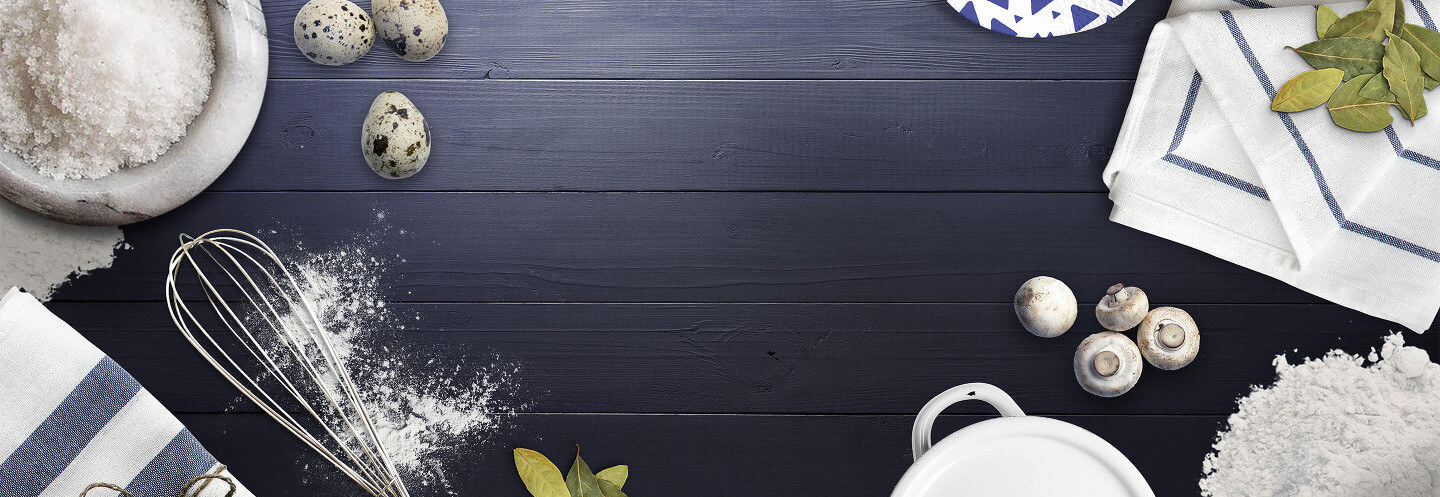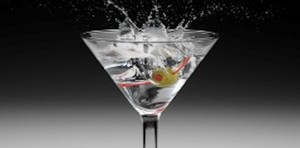https://www.copymethat.com/r/SWNTqXxH/alcohol-calories-alcohol-and-diabetes-sa/
1408461
0gTJrs9
SWNTqXxH
2024-04-16 07:25:00
ALCOHOL, Calories, Alcohol and Diabetes Safety
loading...
X
www.dlife.com/dlife_media/diabetes_slideshows/alcohol-and...
You frequently hear people call alcohol a carbohydrate, but is that true? Actually, it isn't. Let's put it this way: alcohol is a unique substance. The body processes alcohol before it metabolizes fat, protein, or carbs.
A 5-ounce glass of wine typically contains 110 calories, 5 grams of carbs, and about 13 grams of alcohol (which accounts for 91 of the calories).
These numbers are roughly the same as you will find in a 12-ounce light beer or 1.5 ounces of 80-proof liquor. Most people experience a dip in their blood glucose after consuming alcohol. The glycemic index of beer, wine, and hard liquor is zero.
Avoid alcohol after exercising: Never drink alcohol after exercising. When you exercise, your body uses more glucose than it normally does, and this alone can cause blood sugar to drop too low. And this effect can last for hours after you finish exercising, as your body continu
You frequently hear people call alcohol a carbohydrate, but is that true? Actually, it isn't. Let's put it this way: alcohol is a unique substance. The body processes alcohol before it metabolizes fat, protein, or carbs.
A 5-ounce glass of wine typically contains 110 calories, 5 grams of carbs, and about 13 grams of alcohol (which accounts for 91 of the calories).
These numbers are roughly the same as you will find in a 12-ounce light beer or 1.5 ounces of 80-proof liquor. Most people experience a dip in their blood glucose after consuming alcohol. The glycemic index of beer, wine, and hard liquor is zero.
Avoid alcohol after exercising: Never drink alcohol after exercising. When you exercise, your body uses more glucose than it normally does, and this alone can cause blood sugar to drop too low. And this effect can last for hours after you finish exercising, as your body continu
Ingredients
- You frequently hear people call alcohol a carbohydrate, but is that true? Actually, it isn't. Let's put it this way: alcohol is a unique substance. The body processes alcohol before it metabolizes fat, protein, or carbs. A 5-ounce glass of wine typically contains 110 calories, 5 grams of carbs, and about 13 grams of alcohol (which accounts for 91 of the calories). These numbers are roughly the same as you will find in a 12-ounce light beer or 1.5 ounces of 80-proof liquor. Most people experience a dip in their blood glucose after consuming alcohol. The glycemic index of beer, wine, and hard liquor is zero.
Steps
Directions at dlife.com
Never lose a recipe again, not even if the original website goes away! Use the Copy Me That button to create your own complete copy of any recipe that you find online. Learn more! It's free!




